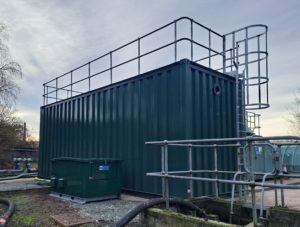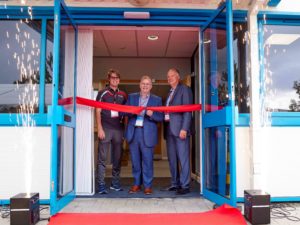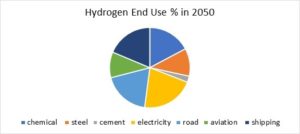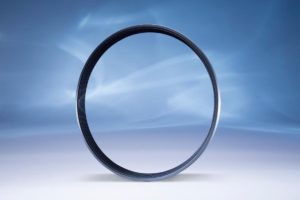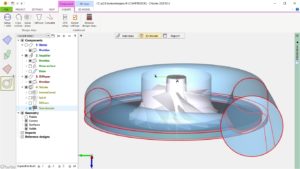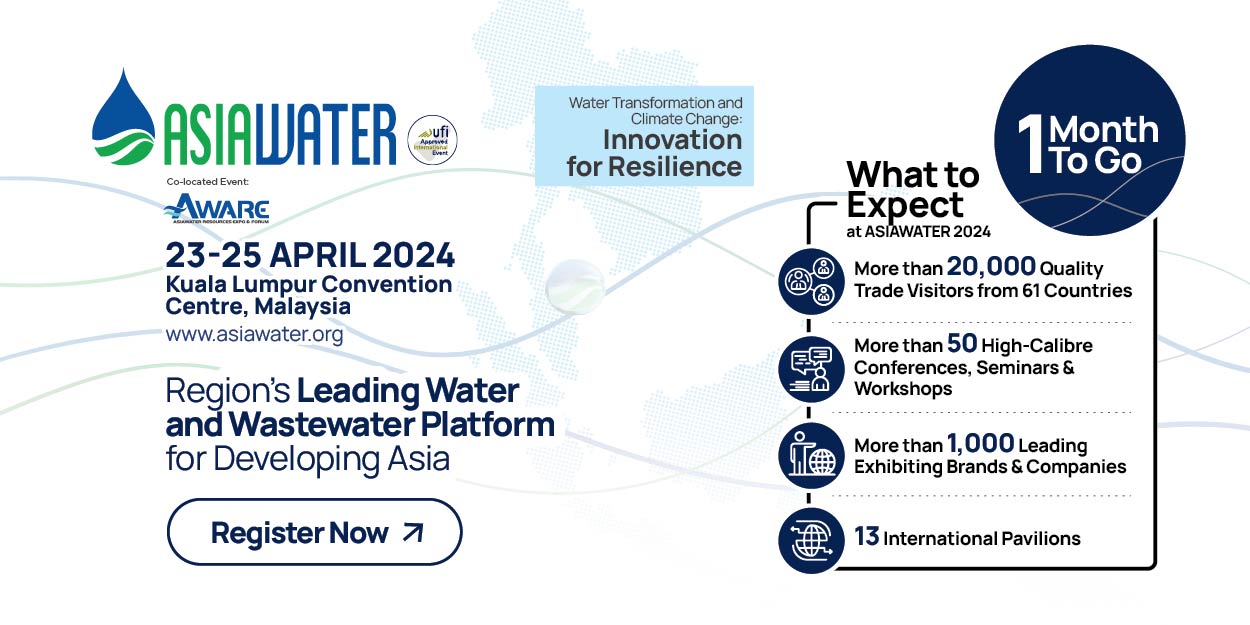Neptune Series 7000 Pumps Designed for Numerous Applications
Neptune Chemical Pump Co., Inc. announced that its Neptune’s Series 7000 “dia-Pump” is a mechanically actuated diaphragm metering pump specifically designed for water and wastewater applications.
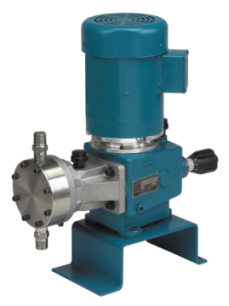
Neptune Chemical Pump Co.
The mechanical design of the Neptune Series 7000 eliminates the use of contour plates on the liquid side of the diaphragm. The simple, straight-through valve and head design allows for improved flow characteristics. The Series 7000 is self-priming and provides superior performance when pumping chemicals such as sodium hypochlorite, which can off-gas. With a maximum capacity range from 15 to 300 gph at 150 psi, the Series 7000 is available in PVC, Kynar and 316 stainless steel liquid ends.
The Neptune Series 7000 “dia-Pump” can also easily handle viscosities in excess of 5,000 cps. The pump capacity can also be adjusted by a micrometer dial while the pump is running, and the variable speed drives allow greater turndown range or automatic capacity control. All moving parts of the Series 7000 run submerged in oil for extended service. All models accept standard 56C frame motors and the 70XX models are also available with integral motors.
About Neptune
Neptune Chemical Pump Co. is an operating company within Dover Corporation’s Pump Solutions Group (PSG). Formed by its parent company Dover Corporation (DOV: NYSE) in 2008, PSG combines the following operating companies into a cohesive pump organization with a broad array of pump technologies: Wilden, the world’s largest manufacturer of air-operated double diaphragm pumps; Blackmer, the largest global manufacturer of sliding vane pumps; Mouvex, a manufacturer of eccentric disc pumps; Griswold, an ANSI centrifugal pump manufacturer; Almatec, a premier manufacturer of air-operated diaphragm pumps specializing in plastic pumps with solid housings; and Neptune, a producer of chemical metering pumps and chemical feed systems.

